By Colbert Gwain | The Colbert Factor | For The Independentist
THE PROMISE:
“We need to restore peace in the North West and South West Regions, ravaged by acts of violence perpetrated by secessionists. By meeting the legitimate expectations of our compatriots in the two regions and protecting them against excesses by the so-called liberators, we will prove that their future is truly within our Republic.”
— President Paul Biya, Maroua campaign launch, September 29, 2018
THE REALITY:
Akem Ngong, a dynamic young entrepreneur from Muteff village in Fundong Subdivision, Boyo Division, once believed in the dream of a united and indivisible Cameroon. Aligned with the opposition Social Democratic Front (SDF), Akem hoped the return of peace would allow him to contest for a council seat and contribute to the development of his community.
Although his ideal candidate in the 2018 presidential election was Joshua Osih—who pledged to resolve the Anglophone crisis through a federal system—Akem still held out hope when incumbent Paul Biya promised, during a campaign stop in Maroua, to restore peace in the North West and South West regions.
But seven years later, that promise lies in tatters.
Akem Ngong never lived to witness another election. He was murdered two years ago by Ambazonian separatist fighters, allegedly for cooperating with government forces—an act viewed as betrayal by those waging a bloody insurgency for independence.
And Akem is not alone.
In the years since Biya’s 2018 re-election, violence in Anglophone Cameroon has escalated. Dr. Ngong Innocent, the Mayor of Belo, was brazenly shot dead at the Broadway Light intersection on May 20, 2024, despite being surrounded by security personnel. Other victims include the Deputy Mayor of Bamenda II Council, kidnapped in the heart of the regional capital; Senator Regina Mundi, abducted in Nkwen-Bamenda; and Divisional Officer Ewane Roland of Idabato—all targeted despite their positions and supposed protection.
A recent public perception survey by The Colbert Factor reveals the grim reality:
75% of respondents believe the situation in the Anglophone regions has worsened since 2018.
47% say they witness or hear about violent incidents daily.
To his credit, President Biya did initiate the Major National Dialogue in 2019 and introduced a Special Status for the two regions. Additional steps included creating regional Houses of Chiefs, establishing DDR (Disarmament, Demobilization, and Reintegration) centers, and launching a Presidential Reconstruction Plan for the war-ravaged areas.
Yet, these efforts have failed to stem the violence. Civilian casualties are reported regularly. Kidnappings for ransom have become an industry. In fact, 1 in every 10 people in the Anglophone regions is reportedly abducted and ransomed on a daily basis.
The government’s failure to implement meaningful decentralization, enforce accountability, or neutralize armed groups continues to undermine trust.
A Ten-Point Vision Fading Fast
In 2018, President Biya also presented a ten-point pledge to:
Improve living conditions,
Consolidate peace and unity,
Uphold diversity,
Accelerate economic growth,
Boost innovation,
Empower women and youth,
Combat exclusion,
Enhance Cameroon’s global standing,
Promote arts and culture, and
Defend the nation’s sovereignty.
Today, many of those commitments remain unfulfilled or overshadowed by the unresolved Anglophone crisis. The deteriorating situation in the North West and South West regions remains the most glaring indictment of a regime that promised unity and delivered bloodshed.
Coming Next
In subsequent editions, The Independentist will continue tracking Biya’s 2018 pledges and the performance of other political leaders—incumbent or not—as Cameroon prepares for yet another critical presidential election in 2025.













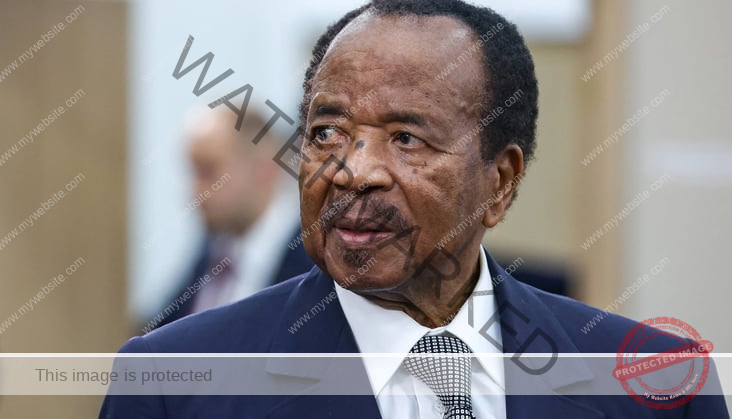
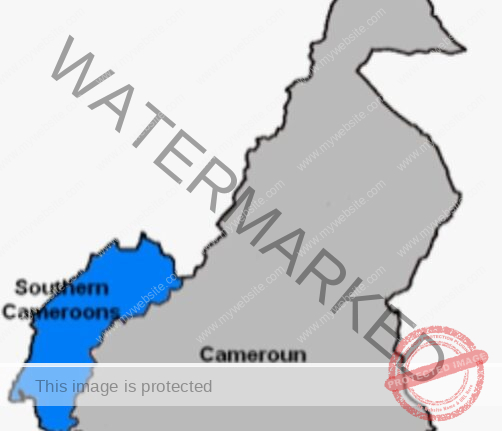


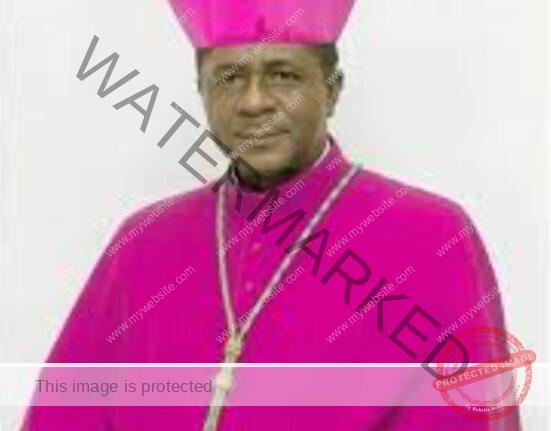
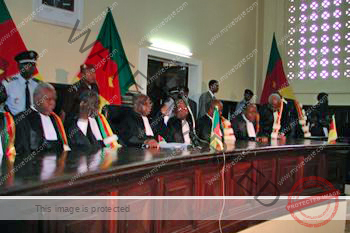
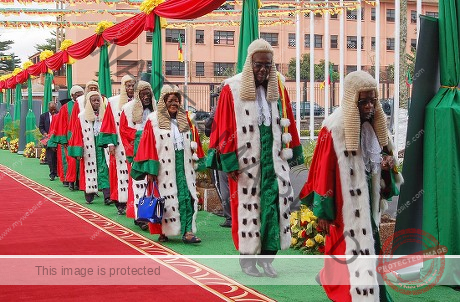

Leave feedback about this